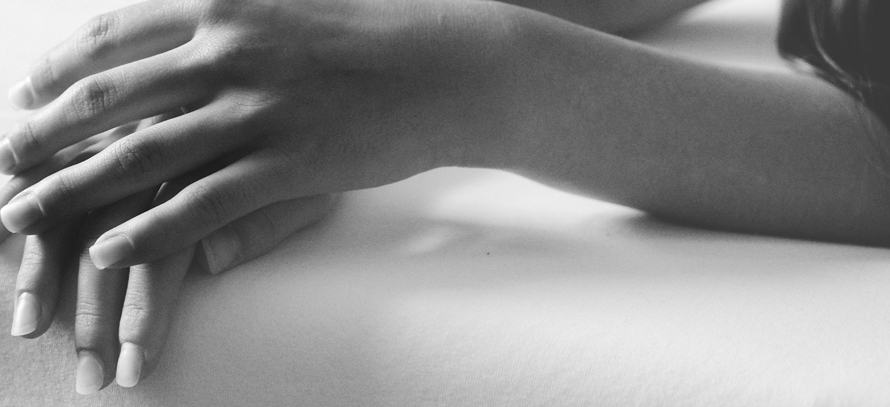
Mental health is a delicate yet serious issue. Despite plenty of talks being around it in today’s media, it still gets misinterpreted. Some might call it attention seeking. Others might not realize that it’s more than simply negative thoughts.
Many mental illnesses can have a negative impact on your body. It could also be vice versa, where your mind can fall prey to fear. And one such example is body dysmorphia, also known as body dysmorphic disorder (BDD).
Body dysmorphia is a mental illness in which you become focused on a certain aspect of your appearance. Although this feature is perceived as a flaw, in reality it might not be one at all. In fact, it may not even be visible to others. However, the obsession can go to the point where it interferes with your daily activities.
Note that there may even be more than one perceived flaw.
What features do BDD patients often report as flaws?
- Complexion
- Wrinkling skin
- Baldness
- Weighing less or more than the BMI index
- Acne or other skin conditions
This list is an example. Not all BDD patients would be super conscious of all of the above features. But regardless of the perceived flaw, the symptoms are usually pretty much the same for everyone.
Symptoms of body dysmorphia
And so, all symptoms of BDD are characterized by extreme self-criticism. It’s the spiral of negative thoughts that begins to take a toll on the patient’s health.
Some symptoms may include:
- You can’t stop thinking about the feature you perceive as a ‘flaw’.
- Being afraid to interact with people because they’ll judge you for your imperfections.
- Often comparing yourself to others’ physical appearances.
- Thinking of yourself as an ugly or worthless person because of that one flaw.
- Becoming obsessed with perfectionism to the point where you forget you’re supposed to be a beautifully imperfect human being.
- The belief that everybody would mock you and won’t see you for who you truly are.
- Using clothing or makeup to hide the perceived flaw(s).
- Occupied with the need for receiving reassurance from others. This could also turn into people-pleasing.
Remember that it’s all only a perception!
Is body dysmorphic disorder (BDD) related to other conditions?
Yes! Chances are that your BDD might be the effect of another condition, which acts as the main cause or driving force. But it could also be the other way around, and you might develop another disorder because of BDD.
Below are some conditions that could be linked to body dysmorphia:
- Eating disorders
- Various types of anxiety disorders
- Depression
- Suicidal thoughts
- OCD
People who choose too many cosmetic surgeries to fix their ‘flaws’ might even end up with immense physical pain.
So what can you do about BDD?
I’m Amy de Jesus, and I can help you become the best version of yourself! If you think you have BDD, no need to panic! Feel free to reach out and together, we can walk the path of healing that’s meant only for you. You deserve the best by setting yourself free of everything that holds you back.


